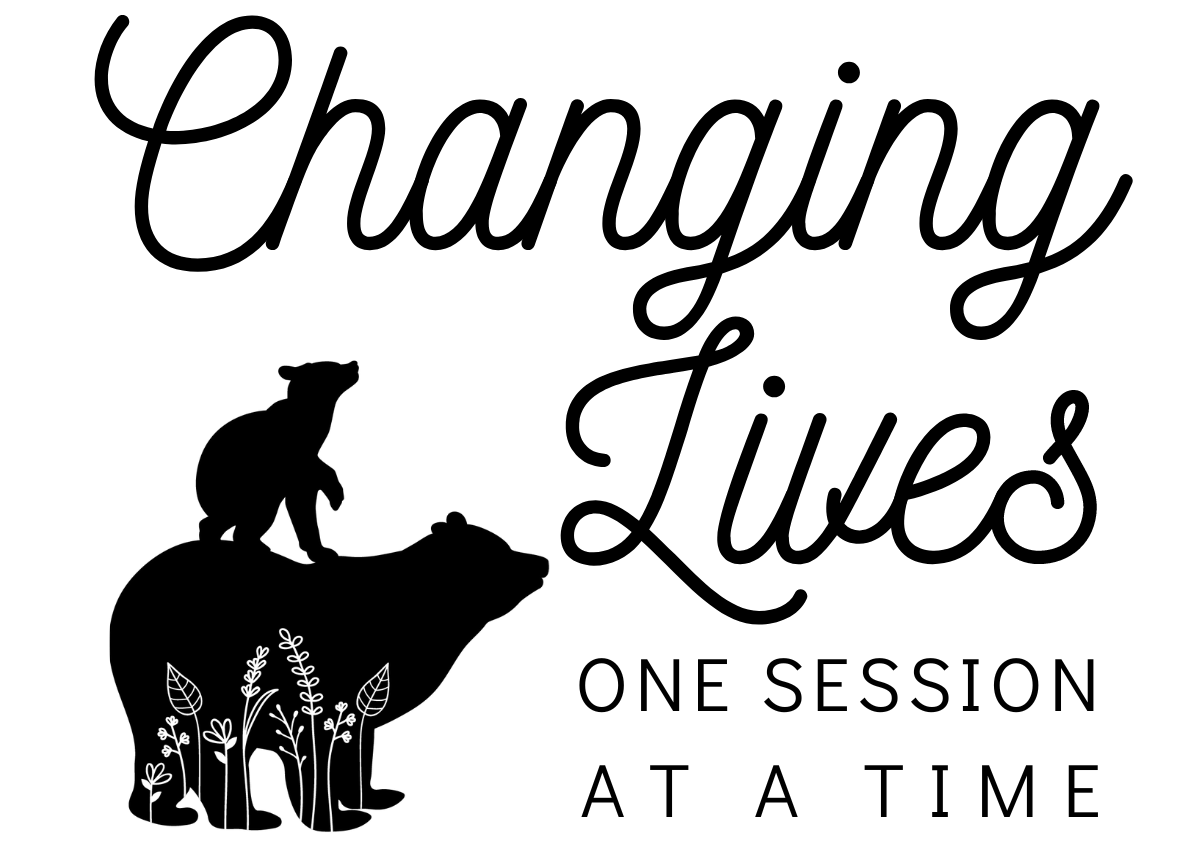Barrett treats children with Sensory Integration dysfunction/disorders while at the same time educating parents on how they can continue to help the child at home. This education piece is often missing when a child is treated in other settings.
What is Sensory Integration (SI)?
SI, in simplest terms, is our body’s ability to take in and process sensory information (smells, sights, sounds, etc.) and produce an appropriate response to the information received.
SI is a key component of our human experience because it is a driving force behind many behaviors, actions and choices that we make. Sensory information is an extremely powerful force that is received through the senses and is constantly processed by the brain.
Sensory processing abilities are not easily measured, and in many regards, are even harder to explain. Sensory processing issues can affect anyone, no matter their age, gender, or level of intelligence.
We all rely on sensory information to guide us in our daily lives. However, when the information is misinterpreted, or only partially processed, problems arise. For a child, this can mean problems with attention, behavior, the ability to self-regulate in perceived stressful situations, and — most importantly — sensory issues can impact learning and the ability to play with peers.
Warning Signs:
- “My child does not like to be hugged, or seeks many hugs.”
- “My child only eats certain textures and dislikes certain odors.”
- “My child is uncomfortable in clothes, dislikes various textures, and will only wear certain types of clothing.”
- “My child appears disorganized or gives the appearance that he/she cannot get comfortable.”
- “My child has too much, or too little, movement.”
- “My child avoids showers, haircuts and nail cutting.”
- “My child has sleep disturbances.”
- “My child is easily frustrated and has a short fuse.”
- “My child has difficulty in school.”
If you would like more information about SI, occupational therapy, and how both affect your child, we offer a series of workshops specifically designed to inform parents, educators and therapists. Call us for more information at 508-898-2688.
